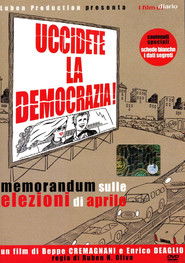detail profile alessandro genovesi
Peran Yang Di Mainkan Alessandro Genovesi
 Adopted together after a tough childhood...
Adopted together after a tough childhood...The Tearsmith 2024
Adopted together after a tough childhood in an orphanage, Nica and Rigel realize that unexpected but irresistible feelings pull them together.
 Carlo and Giulia are grappling with...
Carlo and Giulia are grappling with...When Mom Is Away... With the Family 2020
Carlo and Giulia are grappling with new problems regarding the division of their respective tasks within the family. Since Giulia has started working again, it is Carlo who takes care of the children and the household chores. However, he starts to find the role of “Mr. Mom” a bit tight-fitting. Just when he decides to get back into the game and look for a job, Giulia reveals to him that she is up for a promotion that would lead her to move to Sweden. As if that weren’t enough, she will have to take the interview on December 24 in Stockholm. Everything seems to threaten the family unity. What should they do? Carlo comes up with a "brilliant" idea… To recover the old camper and drag the family into an adventure that will lead them on a journey to the North to spend Christmas all together lovingly. Unexpected events along the way and a hilarious encounter/confrontation with a self-styled Santa Claus will make the trip unforgettable.
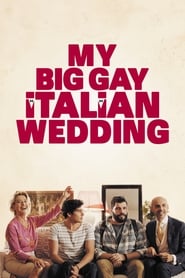 A father who calls himself open...
A father who calls himself open...My Big Gay Italian Wedding 2018
A father, who calls himself "open" and tolerant and fights against any form of discrimination, reveals himself as not so liberal when his son announces the engagement to his partner. Overwhelmed by the news, he regresses into the most fierce opponent of same-sex marriage, and tries to undermine his son's happiness with a series of embarrassing situations.
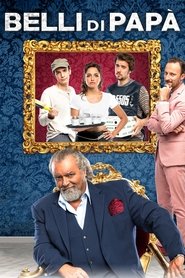 The wealthy businessman Vincenzo realizes that...
The wealthy businessman Vincenzo realizes that...Belli di papà 2015
The wealthy businessman Vincenzo realizes that he is a father too absent, but also that his two sons and 1aughter are spoiled and unable to support themselves economically. So Vincenzo stages their fraudulent bankruptcy and runs with their children in Taranto, in his old house. The boys are struggling to settle, but Vincenzo is confident about them and hope that they will soon find a job in the city. Meanwhile, an impostor blackmailer, who wants to marry the daughter of Vincenzo, arrives in Puglia, to expose the scam.
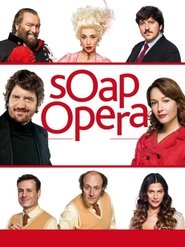 When the kooky tenants of an...
When the kooky tenants of an...Soap Opera 2014
When the kooky tenants of an apartment block experience a sudden and shocking situation, they let their private lives, past secrets and crazy passions intervene as the confessions and absurd twists come thick and fast. Previous lovers, wild accusations, a possible murder and more boil to the surface days before New Year’s Eve, but can they even make it until then?
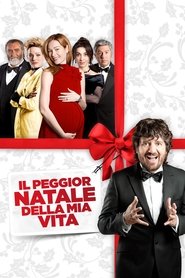 Paolo needs to reach the castle...
Paolo needs to reach the castle...The Worst Christmas of My Life 2012
Paolo needs to reach the castle of Alberto Caccia, where he was invited to spend Christmas with his family and Margherita, the ninth month of pregnancy. With them there will also be blessed, daughter of Alberto and childhood friend of Margherita, who was also pregnant. Among various mishaps and blunders, Paolo will combine another of his, coming to make everyone believe, because of a misunderstanding, that Alberto's died for his fault.
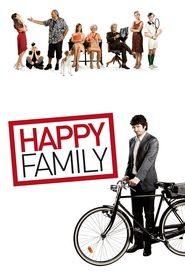 A blocked screenwriter Ezio is trying...
A blocked screenwriter Ezio is trying...Happy Family 2010
A blocked screenwriter, Ezio, is trying to finish a story about two off-kilter families thrown together when their teenage children announce they’re getting married. So Ezio writes himself into the story with a romantic part—a development his characters welcome, as they’ve got some ideas of their own for bigger and better roles.
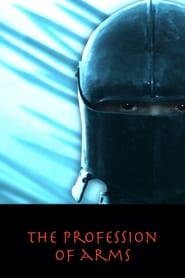 In autumn of 1526 the Emperor Charles...
In autumn of 1526 the Emperor Charles...The Profession of Arms 2001
In autumn of 1526, the Emperor, Charles V, sends his German landsknechts led by Georg von Frundsberg to march towards Rome. The inferior papal armies, commanded by Giovanni de'Medici, try to chase them in the midst of a harsh winter. Nevertheless, the Imperial armies manage to cross the rivers along their march and get cannons thanks to the maneuvers of its Lords. In a skirmish, Giovanni de'Medici is wounded in the leg by a falconet shot. The attempts to cure him fail and he dies. The Imperial armies assault Rome. The film is beautifully but unassumingly set, and shows the hard conditions in which war is waged and its lack of glory. It ends straightforwardly with the declaration made after the death of Giovanni de'Medici by the commanders of the armies in Europe of not using again fire weapons because of their cruelty.
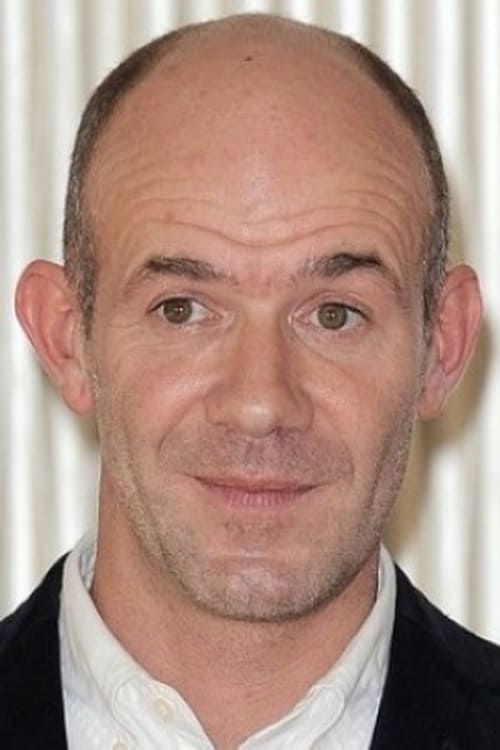

 The story follows a family including...
The story follows a family including... Just out of jail rumpled English...
Just out of jail rumpled English...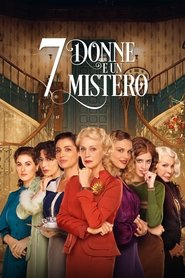 When the family patriarch is murdered...
When the family patriarch is murdered... A stressedout mom takes off on...
A stressedout mom takes off on...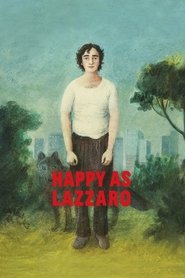 Purehearted teen Lazzaro is content living...
Purehearted teen Lazzaro is content living... Tommaso has just left his first...
Tommaso has just left his first... The ninth short film of the...
The ninth short film of the... High school professor Guido is a...
High school professor Guido is a...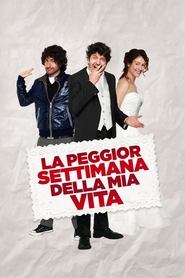 Seven days before his wedding a...
Seven days before his wedding a...